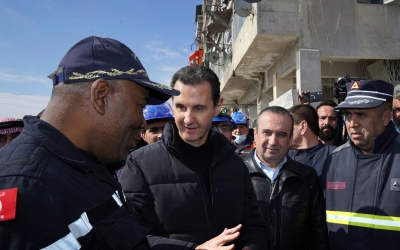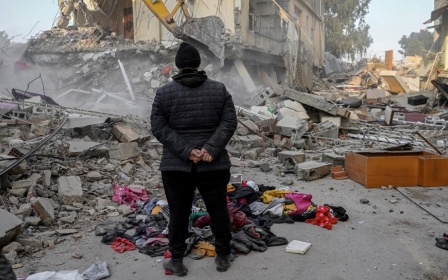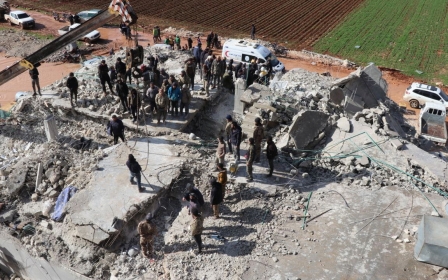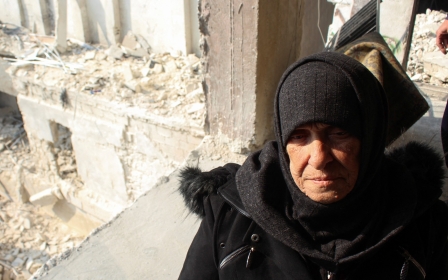Dialogue needed with Syria government, says Saudi foreign minister
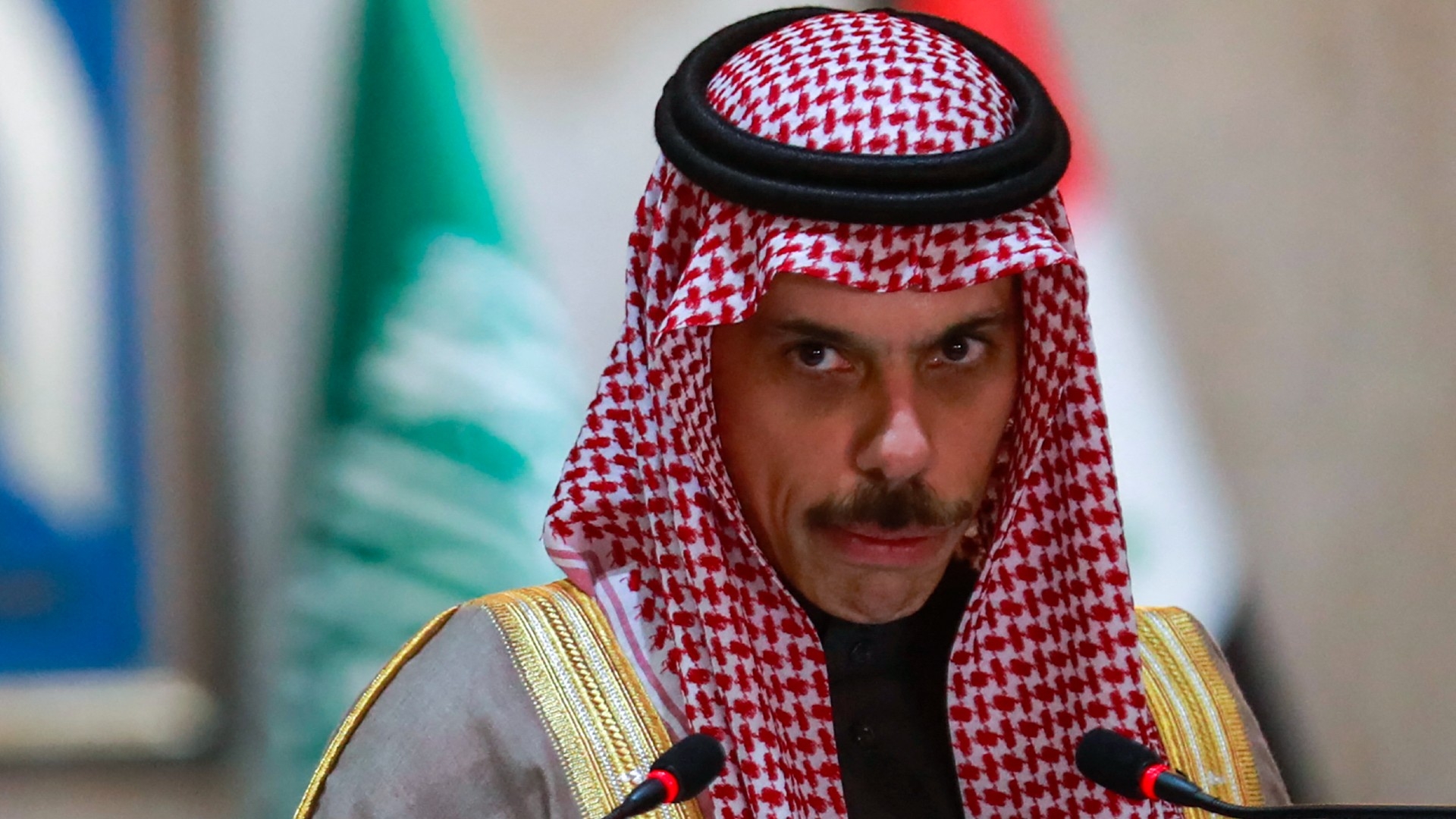
Arab states are in agreement that the isolation of Damascus is not working and a dialogue with the Syrian government should be reopened, Saudi Arabia's foreign minister has said.
Faisal bin Farhan al-Saud was speaking to reporters on Saturday during a security forum in Munich.
“In the Arab world there is a consensus growing that the status quo is not workable. We all have policies but we don’t have any strategy to implement that policy,” he said.
Saudi Arabia and its regional allies backed rebels in the early days of the Syrian civil war, which began in 2011 after President Bashar al-Assad’s forces cracked down on peaceful protests.
The United Arab Emirates has been at the forefront of bringing Syria back into the regional fold, reopening its Syrian embassy in 2018 and welcoming Assad to Abu Dhabi and Dubai last year during his first trip to an Arab state since the start of the war.
New MEE newsletter: Jerusalem Dispatch
Sign up to get the latest insights and analysis on Israel-Palestine, alongside Turkey Unpacked and other MEE newsletters
“Assad and Emirati President Mohammed bin Zayed enjoy excellent relations,” a senior intelligence officer from an Arab state neighbouring Syria told MEE last week.
Last Wednesday, the UAE announced it had pledged a total of $100m to Syria after two earthquakes devastated northern parts of the country and southern Turkey on 6 February.
Riyadh has been slower to re-engage with Syria, though Saudi intelligence chief Khalid al-Humaidan visited Damascus in 2021.
Last week, a Saudi plane loaded with earthquake aid landed in government-controlled Aleppo, marking the first such flight since the two countries severed ties in 2012.
“The Emirates are leading on the diplomatic response to the quake and Saudi Arabia is watching,” Andrew Tabler, a senior fellow at Washington Institute for Near East Policy and former Syria director on the White House National Security Council, told MEE.
'Dialogue with Damascus needed'
Faisal bin Farhan said the region needed to rethink the way in which it addresses the main “crisis points” in relation to Syria.
“We have an issue regarding refugees in Jordan [and] Lebanon that are a significant drag on those economies at a very delicate time. We have significant suffering now especially with the earthquake,” he said.
“The status quo isn't going to relieve any of that suffering.”
He added that “dialogue with the government in Damascus” would be necessary to deal with those issues.
The most prominent diplomatic visit to Syria in the last two weeks had come from Jordan. Foreign Minister Ayman al-Safadi met with Assad in Damascus on Wednesday, marking the first such trip since the Syrian war erupted.
The Hashemite kingdom, a key US-ally in the region, went against the bipartisan consensus in Washington that continues to call for treating Assad as a pariah.
Earlier this month, the US announced it was easing sanctions on Syria for 180 days for transactions related to earthquake relief efforts.
In Egypt, President Abdel Fattah el-Sisi called his Syrian counterpart a day after the quake, the first such communication between the leaders.
Meanwhile, Kuwait’s foreign minister told Reuters during the Munich summit that it was not dealing directly with Damascus, and was providing earthquake aid via international organisations and Turkey.
Middle East Eye delivers independent and unrivalled coverage and analysis of the Middle East, North Africa and beyond. To learn more about republishing this content and the associated fees, please fill out this form. More about MEE can be found here.


